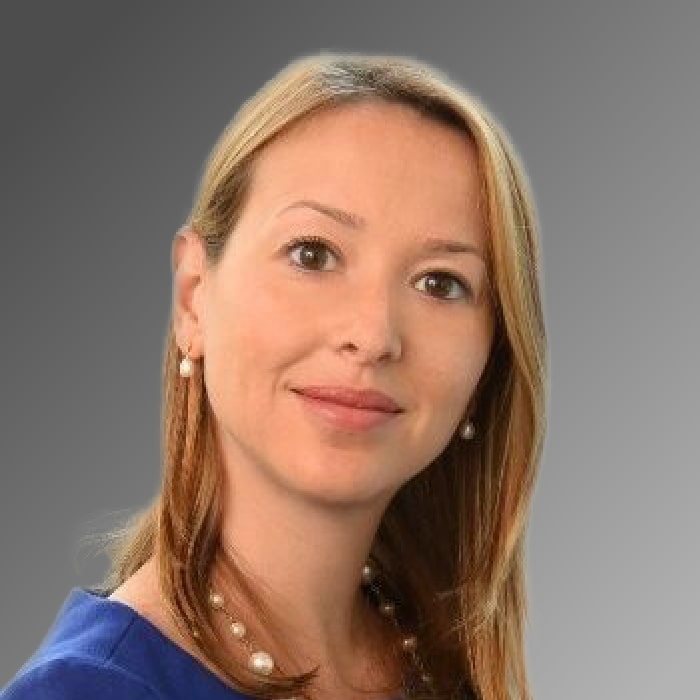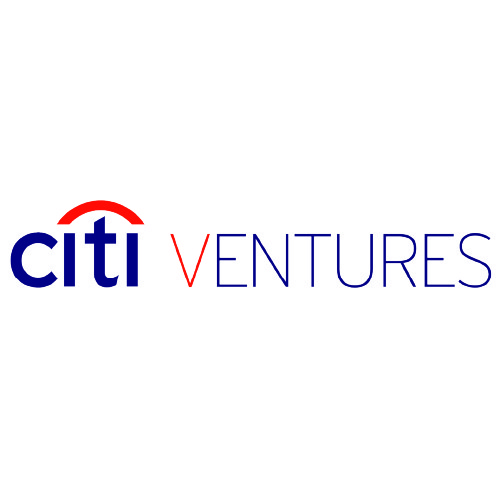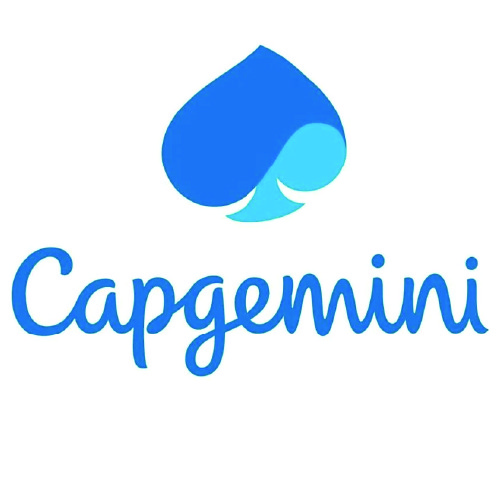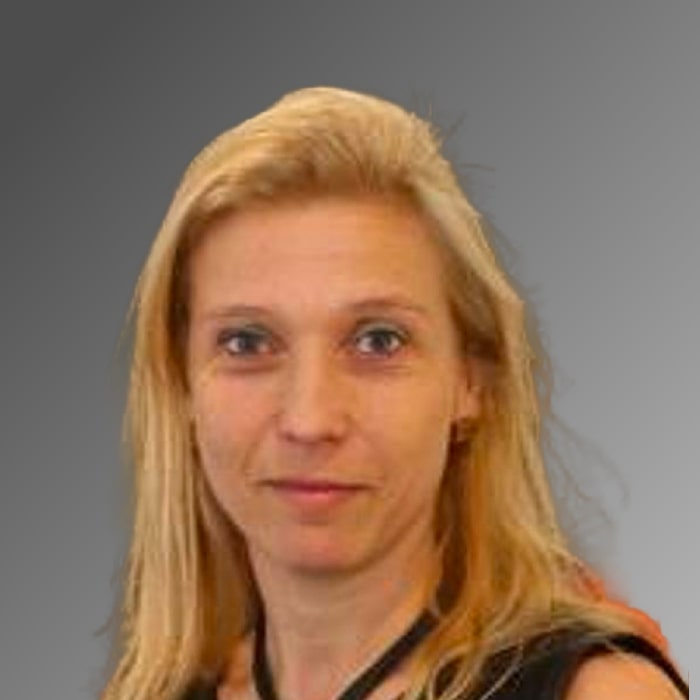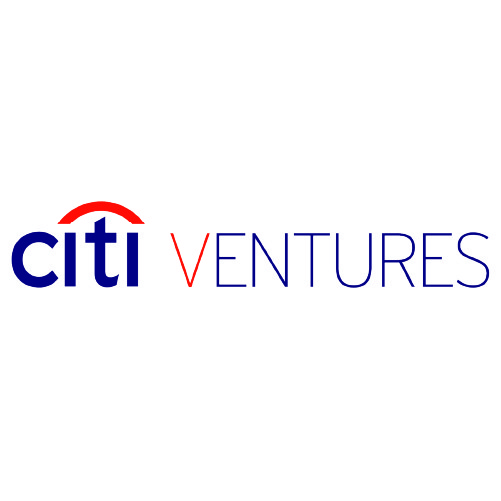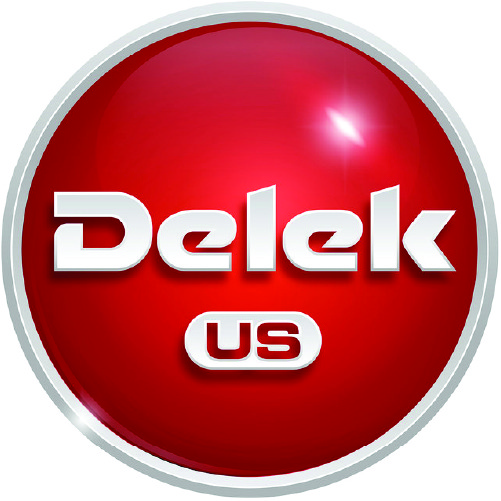The Intrapreneur Mindset: Talia Abramowitz on Founding of Deloitte Ventures
Interviewed by on February 22, 2024
Talia Abramowitz entered the business world at the ripe old age of seven. That’s when she started clocking in at her family’s retail store. She grew up in a family of serial entrepreneurs. While her family’s role as shopkeepers wasn’t “sexy or innovative,” Talia said, the early exposure to the supply chain and operations sparked her interest in technology and productivity. It was the first step in a journey that led her to found Deloitte Ventures in 2022. She continues to serve as the fund’s managing partner.
A 20-year Deloitte veteran, Talia told Corporate Venturing Insider that she ‘fell into’ corporate venture, beginning with the founding of Deloitte Ventures. But her background heading the company’s Financial Advisory practice, scaling its AI division, and providing mergers and acquisitions valuations in the tech sector perfectly positioned her for the job.
From Humble Origins to Grand Beginnings
After graduation, Talia joined Deloitte in 2005. She spent a large portion of her time participating in M&A deals on both the buy and sell sides. Talia nurtured an entrepreneurial drive, constantly tinkering with a business plan company she was going to start someday.
“When you’re doing M&A, you get soaked up into a project,” she said. “You’re working 100 hours a week, and you have no ability to do that.”
Nonetheless, others recognized Talia’s enthusiasm. Deloitte Canada installed her as chief operating officer of its financial advisory business unit, which was generating $200 million in revenues while she was still in her 20s. That assignment satisfied Talia’s hunger for running an enterprise.
In 2018, Deloitte launched Omnia AI, its end-to-end platform for solving complex business challenges. Talia was asked to develop and scale the new internal group, scratching the intrapreneurial itch that she had since first grade.
“We scaled that practice to about 500 people in 24 months, which was just amazing,” she said.
In 2020, her team was asked to cede the group to another existing business unit, leaving Talia to wonder what would come next.
The Genesis of Deloitte Ventures
She didn’t have to wonder for long. Deloitte Canada’s CEO told her that the division “had been talking about this venturing thing for a couple of decades now,” she said. “Could I maybe spend a few months digging into it and making a recommendation, working with our executive leadership team on what this would look like if we do it?”
She accepted and took some time to immerse herself in the VC and CVC ecosystem and learn everything she could.
Deloitte was interested in assessing several key factors. It wanted to know if it could stand out in a market where deals get done rapidly, and large amounts of money change hands. Could Deloitte differentiate itself from the competition? Talia decided that starting a venture unit was a good idea and believed Deloitte could distinguish itself in the field. It opened shop in January 2022 with a $150 million warchest, prioritizing series A and B stage funding.
Engaging with Deloitte and Its Partners
In designing the fund, Talia worked with Deloitte to maximize its strategic impact and minimize friction with its portfolio companies. Talia said the decision not to include seed round funding in Deloitte Ventures’ mission was difficult but made sense.
“It is too early at the seed stage or pre-seed stage when you don’t have product market fit,” she explained.
As the largest professional services firm in the world, Deloitte has built a range of assets and connections it can leverage to benefit its partners and its portfolio. Talia describes this as the fund’s “inherent stickiness.”
Deloitte Ventures is partnered not only with Deloitte but also with 550 other “adventurers” — subject matter experts in a variety of technical sectors. Talia estimates there is a one-in-three chance that a Deloitte Ventures client will adopt a startup’s solution or strike a deal because it appreciates the startup’s output.
“So that’s the angle we’re really trying to pull off,” she said. “We’re solving a need for your clients. You’ve validated…the solution, so that creates the flywheels on its own, and we’re seeing that that absolutely does work.”
Aligning Expectations and Measuring Success
Part of Deloitte Ventures’ success comes from aligning and managing client expectations. Deloitte Ventures evaluates five scorecard pillars every six months. Each pillar’s weight is intended to fluctuate depending on the fund’s priorities at any given time:
- Strategy and Insights measures the firm’s progress in identifying and capitalizing on emerging trends and technologies. It might consider the number of thesis papers produced or connections made between Deloitte partners and early-stage companies.
- Brand, Network, and Ecosystem assess the firm’s impact on Deloitte’s overall brand and its standing within the tech and venture capital ecosystem. Metrics might include the number of events where Deloitte Ventures has a presence or the number of partnerships formed.
- Financial metrics usually focus on revenue generated In the early stages through Deloitte Ventures’ activities. As the fund matures, the emphasis likely shifts to financial returns on investments.
- Client Impact gauges how Deloitte Ventures’ activities translate to tangible benefits for Deloitte’s clients. Metrics might include opportunities enabled by the venture team, revenue opportunities generated, and the conversion rate.
- Country and Community assesses Deloitte Venture’s impact on the broader Canadian economy and society. It considers the number of jobs created, diversity and inclusion scores, contributions to climate initiatives, and other socially important activities.
As the fund matures, the financial pillar increases in importance. Twice a year, Deloitte Ventures tracks and measures the scorecard’s metrics to generate a single index score, which it presents to the board of directors to track the fund’s effectiveness
The Road Ahead
Looking ahead, Deloitte Ventures is interested in six key areas: fintech, cybersecurity, climate and sustainability, the future of work, data and AI, and health tech. Staying close to these technological areas provides insights into potential disruption for Deloitte’s partners.
This value, Talia hopes, will propel Deloitte Ventures to greater heights. She envisions Deloitte Ventures as not merely a strategic success for its partners but also as a revenue driver for Deloitte.
“Once we start stacking funds on top of each other, (Deloitte will have) this really material, almost seventh business in our firm that is ventures,” Talia said.

 Start-up maturity should dictate when one should leverage mothership resources and focus on investments as to be most impactful for portfolio companies.
Start-up maturity should dictate when one should leverage mothership resources and focus on investments as to be most impactful for portfolio companies. 